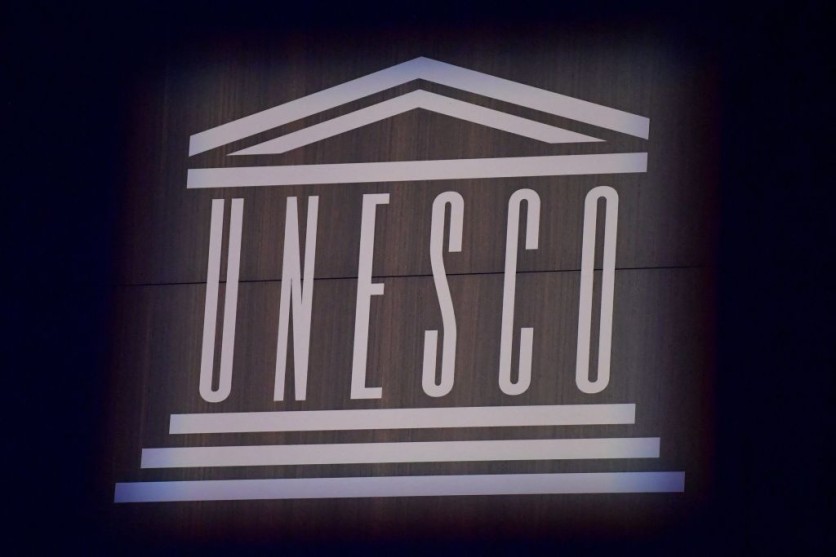UNESCO has made a significant call for governments to regulate the use of Generative Artificial Intelligence (GenAI) in education and research.
This move includes advocating for user age limits and implementing safeguards for data protection and user privacy. AI tools, exemplified by platforms like ChatGPT, have the capability to generate automated text, images, videos, music, and software code.
These tools have seen rapid development and are already widely used. However, UNESCO said only a few countries have established policies to ensure the safe and ethical use of AI tools.

UNESCO Guidance Is First Attempt for AI Global Standard
UNESCO's guidance is regarded as the first-ever global guidelines on GenAI in education and research, designed to minimize the potential risks of AI technologies.
These measures encompass safeguarding data privacy, considering an age limit of 13 for classroom use, and setting requirements for GenAI providers to ensure ethical and effective use.
The guidance underscores the necessity for educational institutions to verify AI systems before incorporating them into student learning, stressing the importance of a conscientious approach.
The UNESCO guidance also delves into the contentious aspects, spotlighting their repercussions on education, particularly in aggravating disparities in digital data.
Notably, prevailing ChatGPT models are trained on data from online users, predominantly mirroring the values and societal norms of regions in the Global North.
A pivotal suggestion outlined in the UNESCO guidance is the implementation of a minimum age limit of 13 for utilizing AI tools within educational environments. Additionally, it advocates for comprehensive teacher training to adeptly navigate the intricacies of these AI resources.
Expanding on UNESCO's prior recommendations regarding AI ethics and education, this guidance places a strong emphasis on human agency, inclusivity, fairness, gender parity, as well as the preservation of cultural and linguistic diversity.
It also directly addresses concerns raised during UNESCO's inaugural global ministerial roundtable on generative AI held in May 2023.
Read Also : Generative AI to Affect 2.4M US Jobs by 2030 says Forecast, Prompt Engineering Jobs Soon?
Policy Deficiency
This guidance was released during the recent Digital Learning Week at UNESCO's headquarters. It is a substantial gathering with over 1,000 participants engaging in discussions encompassing public digital learning platforms and the role of generative AI in education.
UNESCO's recent global survey across 450 schools and universities found that fewer than 10% of these institutions had established formal policies or guidance regarding the utilization of GenAI applications. This deficiency is primarily attributed to the absence of comprehensive national regulations.
"Generative AI can be a tremendous opportunity for human development, but it can also cause harm and prejudice. It cannot be integrated into education without public engagement, and the necessary safeguards and regulations from governments. This UNESCO Guidance will help policymakers and teachers best navigate the potential of AI for the primary interest of learners," said Audrey Azoulay, UNESCO's Director-General.
Related Article : DeepMind Joins Forces With Google Cloud to Create Watermarking Tool for AI-Generated Images

![Apple Watch Series 10 [GPS 42mm]](https://d.techtimes.com/en/full/453899/apple-watch-series-10-gps-42mm.jpg?w=184&h=103&f=9fb3c2ea2db928c663d1d2eadbcb3e52)



